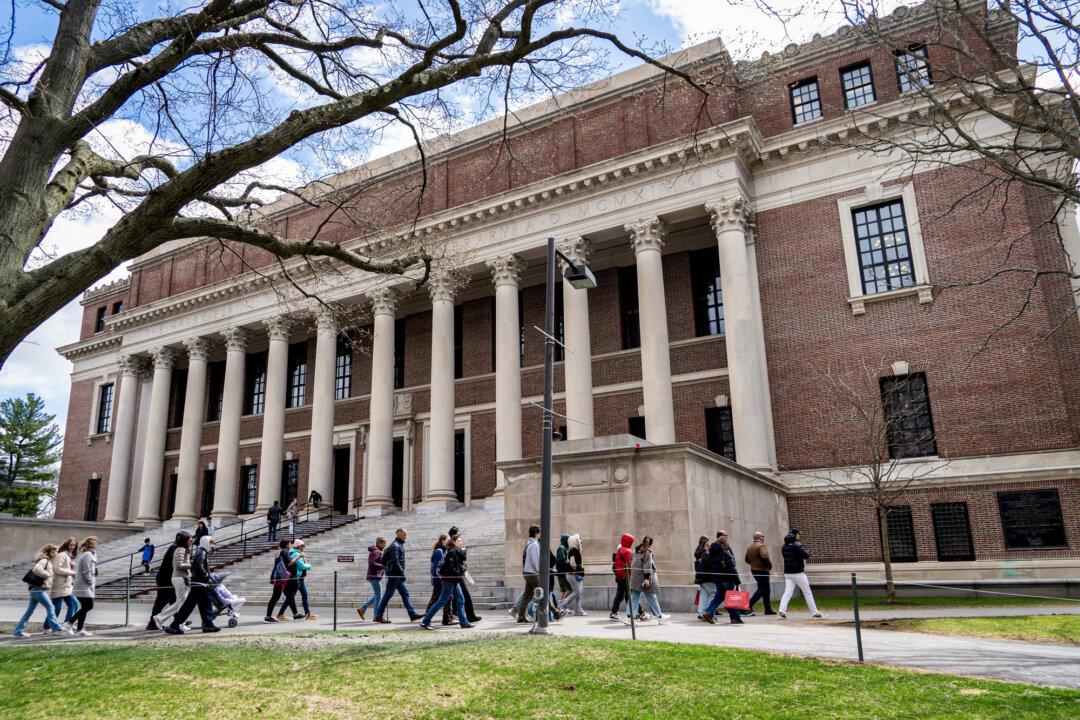Commentary
Here we go again. Harvard is back in the news for at least the fourth time in the past couple of years, and once again its reputation is taking some serious “dings.”

Here we go again. Harvard is back in the news for at least the fourth time in the past couple of years, and once again its reputation is taking some serious “dings.”